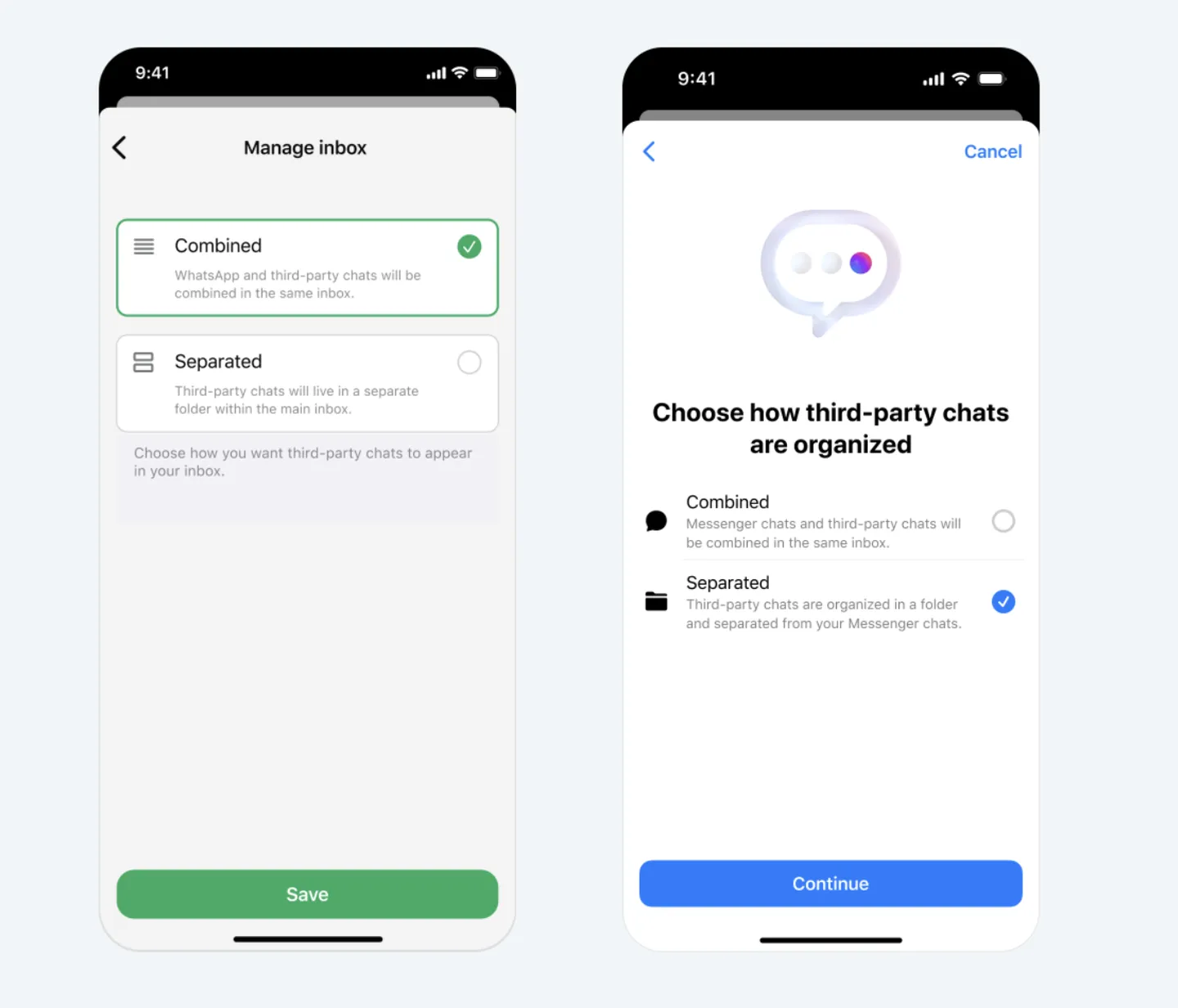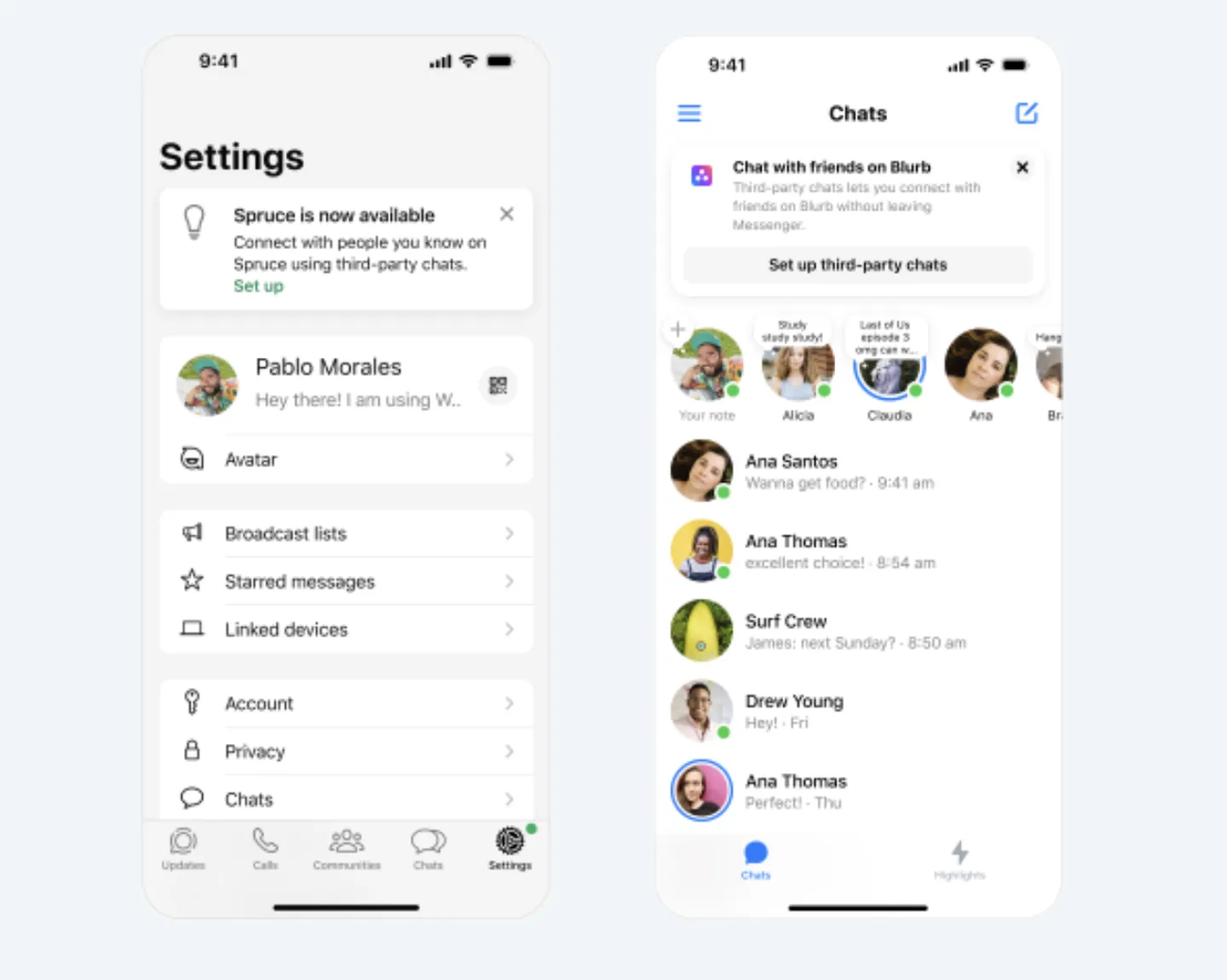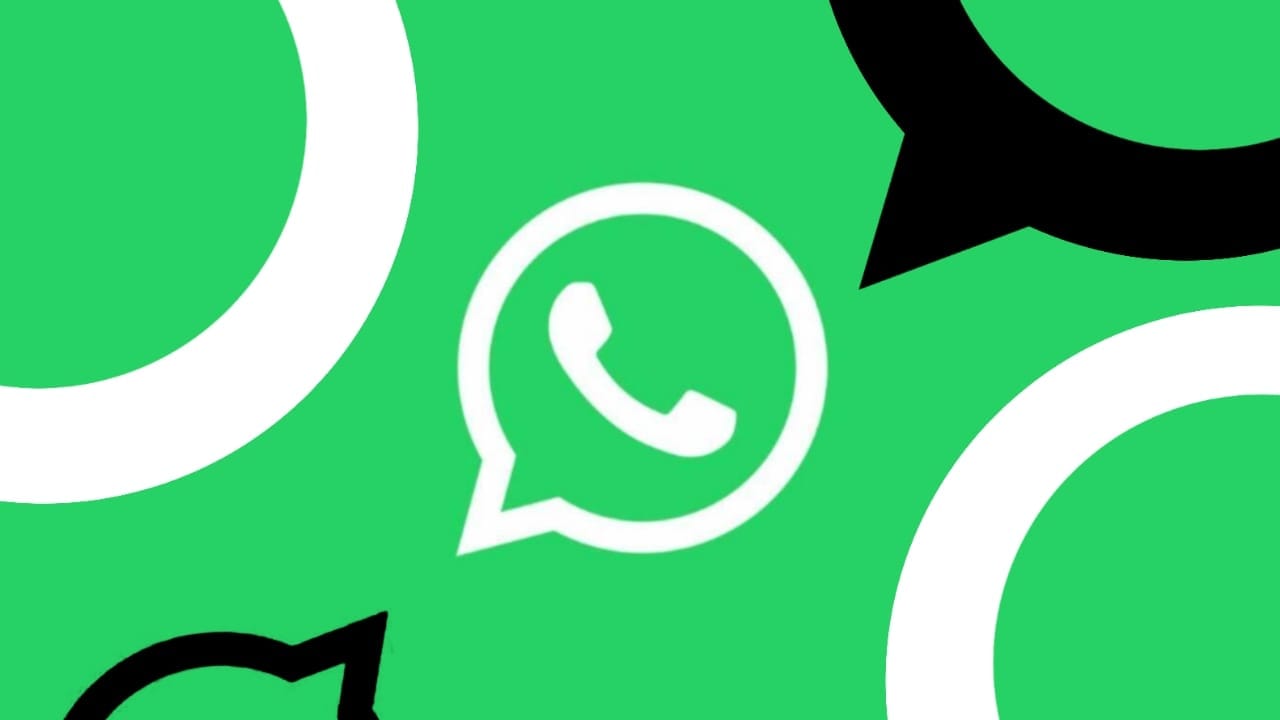Meta is set to make a major change in the way people communicate by allowing third-party apps to make calls to WhatsApp and Messenger by 2027. This feature will allow WhatsApp and Messenger to work with other messaging apps. It is part of Meta’s effort to follow the rules set by the European Union’s Digital Markets Act (DMA). Let me explain what it means and how it will impact users.
also read:Â 15 New WhatsApp Features Added in August 2024 You may Know
Meta Will Allow Third-party Apps to Place Calls to WhatsApp & Messenger : What to Expect
By 2027, Meta will enable third-party apps to place voice and video calls to WhatsApp and Messenger. This feature will open new possibilities for communication.
It will be making it easier for users to connect with others across different apps. Instead of switching between multiple messaging platforms, users will be able to stay on their preferred app.

Meta has confirmed that this change is part of their broader efforts to make WhatsApp and Messenger interoperable with other messaging services.
This means users will soon have the option to connect with people on apps like iMessage, Telegram, and Signal without needing to leave WhatsApp or Messenger.
How Meta Plans to Implement Third-party Apps to Make Calls to WhatsApp and Messenger
Meta has laid out a clear roadmap for how it will implement third-party app calls to WhatsApp and Messenger by 2027. This plan includes several phases:
- 2025: Meta will introduce group chat functionality for third-party apps. This will allow users to create groups with people using different messaging services, making communication across platforms much easier.
- 2027: Meta will launch voice and video calling for third-party apps. This will allow users of WhatsApp and Messenger to place and receive calls from users on other platforms like Telegram or iMessage. Meta is working hard to ensure that these calls will have the same high-quality standards, including features like end-to-end encryption, to keep conversations private.
Meta is also introducing notifications into WhatsApp and Messenger to alert users when a new third-party app becomes compatible with the service. This will make it easier for users to stay informed and choose how they want to integrate other messaging services.
The Challenges
While Meta’s plan to integrate third-party app calls to WhatsApp and Messenger is exciting, it does come with some challenges. One of the biggest hurdles is ensuring that all messaging services maintain end-to-end encryption.
Which is a key feature to keeping conversations secure and private. WhatsApp and Messenger both use the Signal Protocol for encryption, and third-party apps will need to adopt this protocol in order to interact with Meta’s messaging services.

Another challenge is getting other major messaging services like Telegram and Viber to support this integration. Meta has been working with various messaging platforms, but it’s unclear how many will agree to the changes.
Additionally, third-party apps must sign an agreement with Meta to make sure that all technical standards are met. These agreements will ensure that user data remains safe and that the quality of calls and messages remains high.
Despite these challenges, Meta is confident that it will be able to provide a seamless experience for users by 2027. They have already made significant progress in working with third-party developers and will continue to collaborate with them to ensure smooth integration.
The Future of Meta with This Advancement
The upcoming changes by Meta will significantly reshape the way people communicate by enabling third-party apps to make calls to WhatsApp and Messenger by 2027.
This new feature will make it easier for people to connect across different platforms without sacrificing privacy or security. Meta’s commitment to end-to-end encryption and user-friendly features will ensure that this integration is smooth and secure.
While there are challenges to overcome, such as ensuring compatibility with other messaging services and maintaining encryption, Meta’s plan shows promise.
By 2027, users can expect a more flexible and connected messaging experience that breaks down the barriers between different apps, making it easier than ever to stay in touch with loved ones and colleagues across the digital world.
The changes will not only benefit users in the European Union, where the Digital Markets Act is in effect, but will likely pave the way for similar advancements worldwide.

